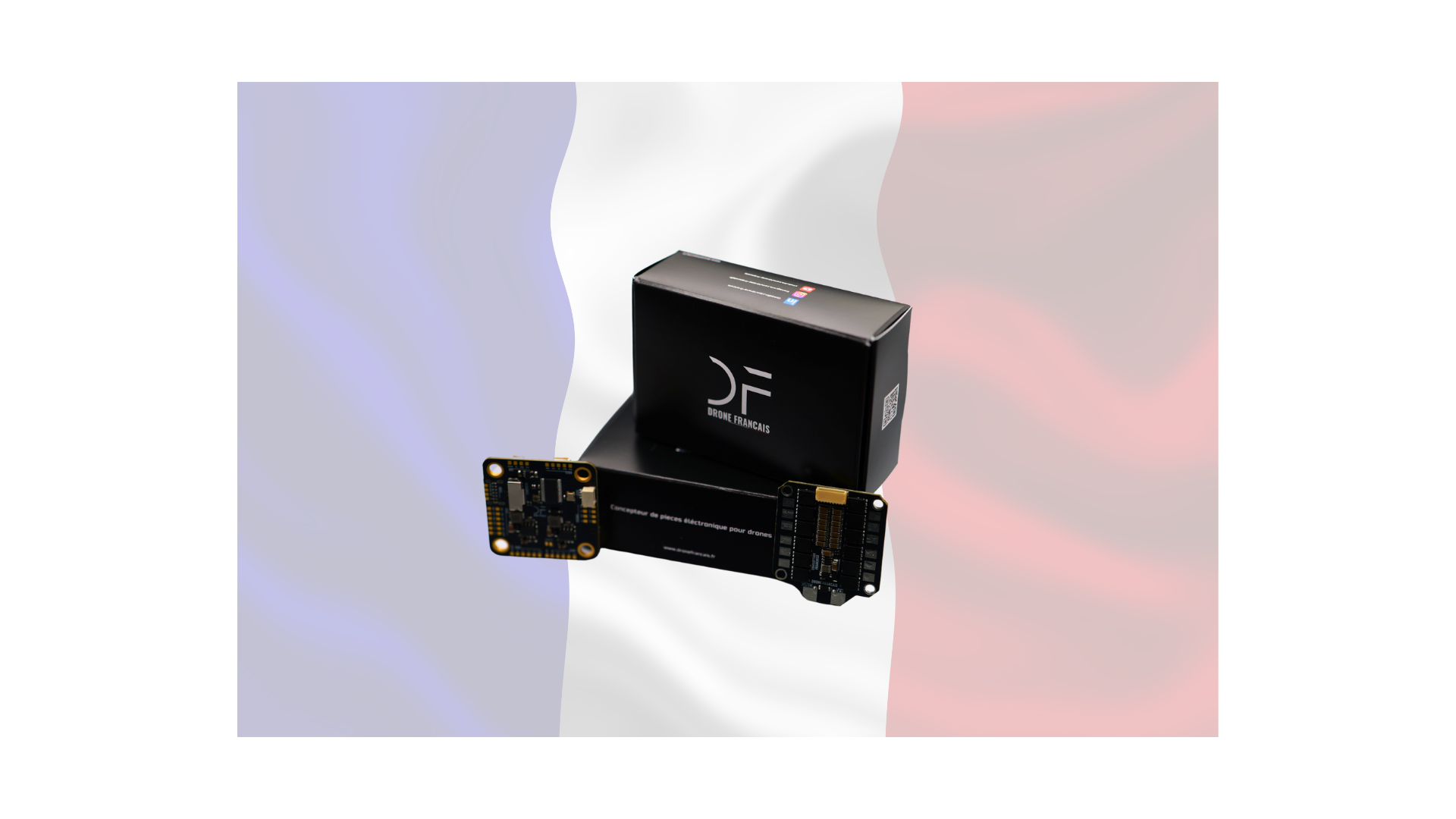Technological sovereignty has become a major strategic challenge for France. In a world where industrial and military competition is increasingly based on mastery of high technologies, ensuring technological independence is essential, particularly in the field of drones. These autonomous aircraft, which have revolutionized both the civilian and military sectors, are now largely dependent on foreign technologies, particularly Chinese.
However, this dependence carries many risks, from industrial espionage to security vulnerabilities, and the threat of sanctions or technological embargoes. In this article, we analyze why France needs to strengthen its technological sovereignty in this sector, exploring the economic and strategic stakes involved in UAVs, the risks of dependence on foreign technologies, and the solutions for guaranteeing national autonomy.
The growth of drones in the civil and military sectors
Drones are experiencing unprecedented growth. Once confined to military applications, they are now omnipresent in a wide range of civilian sectors, from precision farming and mapping to infrastructure surveillance, logistics and audiovisual production.
A booming market
The global drone market is growing fast, and could reach more than $54 billion by 2030, according to several market studies. This growth is driven in particular by the boom in civilian drones, which now account for over 75% of the global market.
In France, the use of drones is becoming more widespread, with a variety of applications:
- In agriculture, drones can be used to optimize the application of phytosanitary products and improve crop management.
- In logistics, they are beginning to be used for parcel delivery.
- In surveillance and safety, they play a key role in infrastructure inspection, from nuclear power plants to bridges and dams.
A crucial role in defense
In military terms, drones have become a major asset for reconnaissance, surveillance and, increasingly, targeted strikes. They make it possible to operate in hostile terrain without risking human casualties.
Modern armies, including France's, are increasingly integrating these technologies into their defense strategies. However, French military equipment is still largely dependent on foreign technologies and components, particularly for on-board artificial intelligence, thermal cameras and batteries.
Problematic dependence on foreign technologies
Chinese dominationccupying
Today, the global civilian drone market is largely dominated by China, and in particular by the giant DJIwhich alone controls over 70% of the market. This hegemony poses a problem for European countries, whose local drone industries are struggling to establish themselves.
The problem lies not only in the absence of a leading French industrial player, but also in the fact that essential electronic components (motherboards, batteries, processors, cameras, etc.) are massively manufactured in China. This dependence exposes France to several major risks.
Risks associated with dependency
Data security and espionage
Drones collect and transmit sensitive data. When equipped with foreign components, or when their software depends on servers located outside France, this data can be exploited for espionage or cyber-attacks.
Vulnerabilities and sabotage
A drone containing foreign components may be subject to intentional or unintentional security breaches . A hostile state could, for example, remotely disable fleets of drones used for strategic missions.
Embargoes and sanctions
In the event of diplomatic tensions or economic war, China could restrict the export of certain technologies, as it has already done with rare earths. This could leave France with no alternative.
Towards French technological autonomy
Faced with these challenges, France needs to strengthen its technological sovereignty in the drone sector by implementing strategies to develop a competitive national industry.
Investing in R&D and technological building blocks
The development of a French drone industry depends on total mastery of the essential technological building blocks:
- High-definition sensors and cameras
- Long-range batteries
- Embedded software and artificial intelligence
- Composite materials to lighten structures
The government must support French research laboratories and startups that innovate in these fields.
Promoting the emergence of French industrial players
Companies such as Parrot, Delairor Drone Français are already working on sovereign solutions. But they remain limited in the face of the power of American or Chinese giants.
It is essential to set up subsidies and public contracts to encourage the purchase of drones made in France in strategic sectors.
Developing European partnerships
Technological sovereignty does not mean withdrawal. France must also strengthen its industrial alliances in Europe to pool research and production efforts.
The European Union has already launched several initiatives to finance the development of critical technologies, notably through the EDF (European Defence Fund) program. These initiatives need to be accelerated and reinforced.
Raising awareness and regulating the import of foreign drones
The government needs to regulate more strictly the import of foreign drones in critical sectors such as defense and energy.
An alternative would be to certify drones to high cybersecurity standards, guaranteeing the absence of flaws that could be exploited by foreign powers.
Technological sovereignty in the field of UAVs is a strategic priority for France. Dependence on Chinese technologies exposes the country to major risks, both economically and in terms of security.
To guarantee its independence, France must :
- Massive investment in research and development
- Supporting French industrial players
- Regulating theimport of critical technologies
- Developing European partnerships
In an international context marked by growing tensions and exacerbated technological competition, it is imperative that France takes the necessary steps now to preserve its technological sovereignty and ensure its independence in a sector as strategic as that of UAVs.
